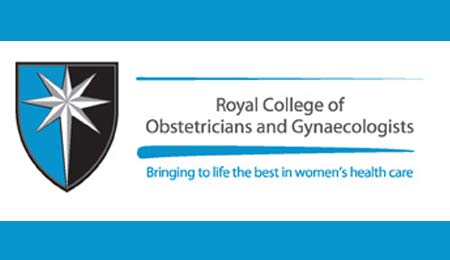We were just introduced to a study which dealt with pre and post-pregnancy BMI. Putting across a similar message, scientists from the Royal College of Obstetricians and Gynaecoogists (RCOG) have unraveled the importance of maintaining optimum weight during pregnancy and after delivery.
The scientists are of the opinion that most overweight women with BMI more than 25 may encounter normal pregnancy and birth procedure. But, there could be greater risk for complexities with regards to the health of mother and child. Both, increase in BMI and health risks seemed to be in direct relation, specifically in case of women with a BMI of 40 and more.
Some of the risky outcomes are inclusive of gestational diabetes, pre-eclampsia and hypertension. The baby may also go on to develop diabetes and obesity later in life where some other instances like stillbirth, neural tube defects, higher birth weight and miscarriage could also occur.
“Trying to lose weight by dieting during pregnancy is not recommended – even if you are obese – as it may harm the health of your unborn baby. However, by making healthy changes to your diet you may not gain any weight during pregnancy and you may even lose a small amount. Healthcare professionals can also help you with losing weight if you are planning for a future pregnancy or after you have had your baby,†commented Chair of the RCOG’s Patient Information Committee, Philippa Marsden.
Moreover, obese mothers may be more prone to premature birth, urgent caesarean section, postpartum hemorrhage and shoulder dystocia. According to the recommendations, women ought to conform to a healthy diet and keep a check on the proportions of meals. Generally, women do not require additional calories in the first two third phases of pregnancy. An extra 200kcal is needed only in the concluding 12 weeks of conception.
The new guidelines also outlined the importance of exercise, premeditation on labor and birth, vitamin supplementation, after birth care and future pregnancy planning. This data seeks to help overweight women reduce risks by putting forth steps to be taken during and after pregnancy.

